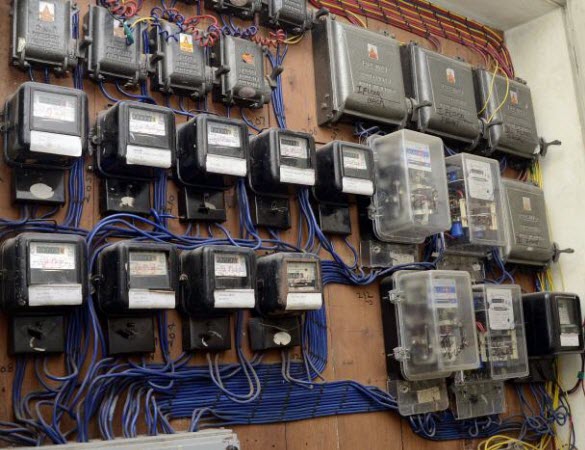There are no products in your shopping cart.
| 0 Items | £0.00 |


NIGERIA'S ingoing economic crisis characterised by soaring inflation could get worse as the federal government is considering scrapping electricity subsidies over the coming days to shore up its dwindling finances.
At the moment, Nigeria is reeling from the impact of chronic hyper-inflation, with the cost of basic food prices soaring and rising on a daily basis. Some economists have put the crisis down to President Bola Tinubu's decision to abolish petrol subsidies, which they say resulted in higher transport costs, which had a knock-on effect in other sectors of the economy.
With Nigeria's minimum wage a mere N30,000 ($20) per month, ordinary workers are struggling to afford basic staple foods like rice, gari, yam, cooking oil, noodles, bread, etc. In a desperate attempt to address the problem, last week, President Tinubu ordered the release of national food stocks.
Now, there are fears that the crisis could get worse as the federal government contemplates removing electricity subsidies in the coming days. Last week, on February 14, the minister of power, Adebayo Adelabu, said the government can no longer continue paying electricity subsidies as its indebtedness amounts to about N3trn ($2bn).
Faced with the rising cost of living, economic hardship and soaring inflation, which reached an all-time high of 29.90% in January, the burden of electricity subsidy removal would further worsen the pains for most Nigerians. However, the International Monetary Fund believes Nigeria should put a stop to electricity subsidies in the same manner it did with fuel and floated the naira.
According to the Nigerian Electricity Regulatory Commission, the country spent N2.8trn on electricity subsidies between 2015 and 2022. Apparently, N600bn was spent on electricity subsidies in 2023 alone as foreign exchange pressures and inflation pushed cost-reflective tariffs to N124/kWh.
Nigeria's government is projected to spend N1.6trn on electricity subsidies in 2024. However, on the flip side, Nigerians are not exempted from the electricity burden as from January 2020 to January 2023, electricity tariffs have been increased at least five times from 55% of cost recovery to 94% despite poor supply, outages, dilapidated distribution infrastructure, among other challenges.
Nationwide, Nigeria’s growth in its power sector has remained stunted, with the country still grappling with a low power generation, transmission and distribution capacity of about 5,625MW, 8,500MW and 8,425MW respectively, despite having a population of over 200m. While some commentators believe electricity subsidy removal is needed, others insist on subsidies because power is regarded as a social service.